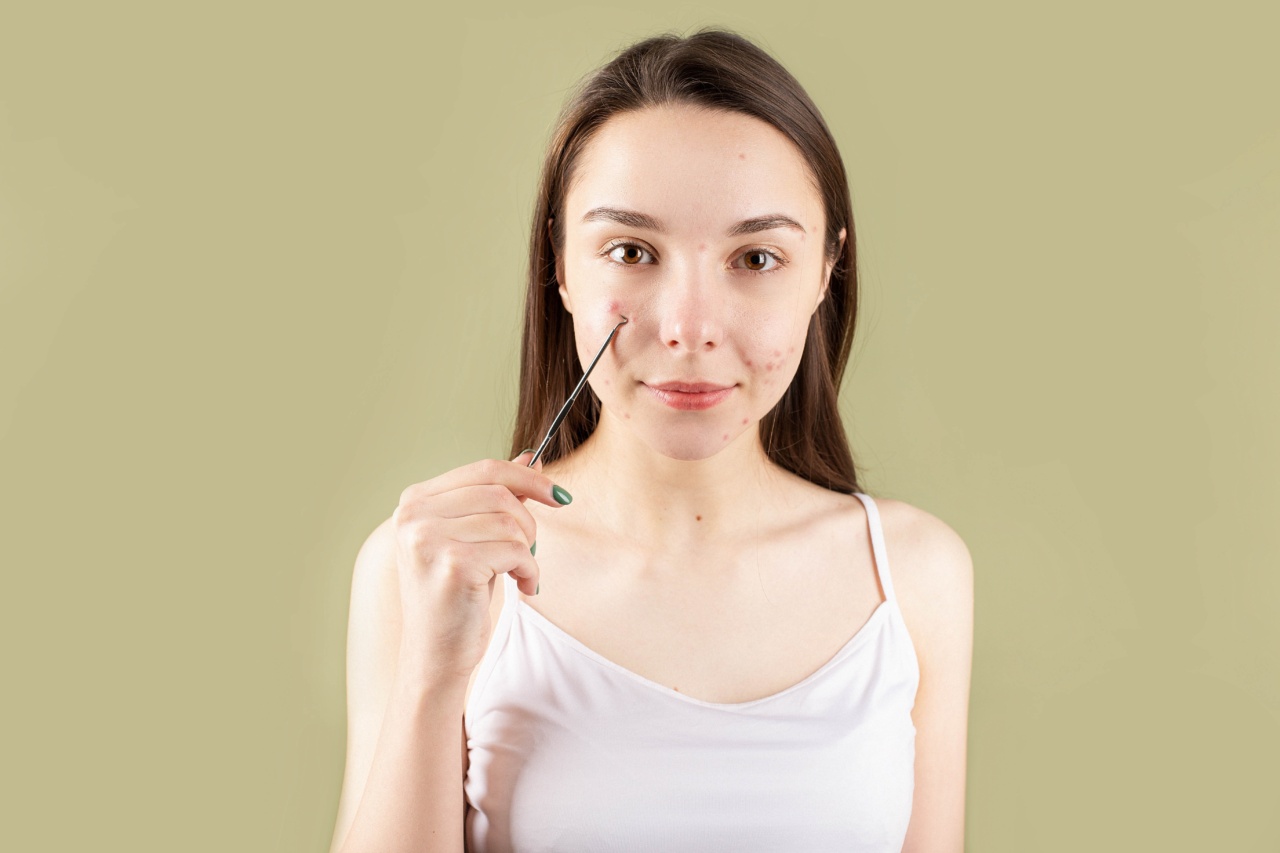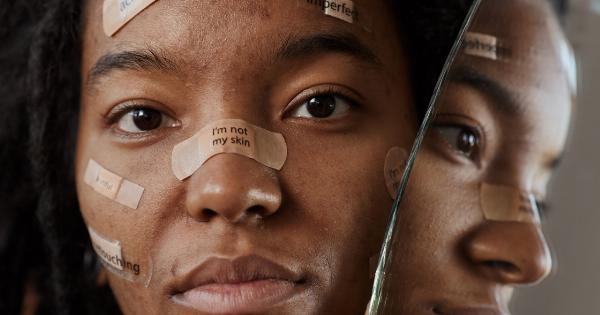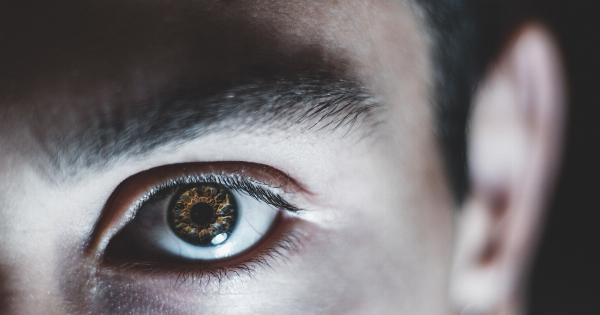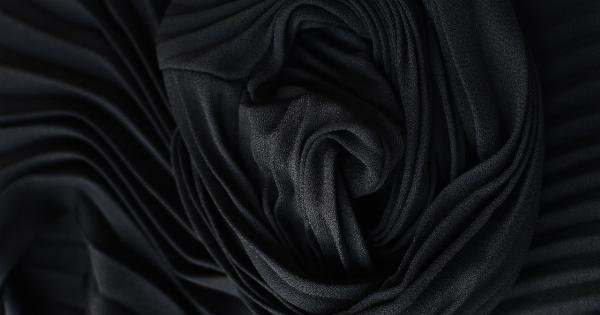Acne is a common skin condition that affects men of all ages. It occurs when hair follicles become blocked with oil and dead skin cells, leading to the formation of pimples, blackheads, and whiteheads.
While acne is not a serious condition, it can be painful, embarrassing, and affect a man’s self-confidence. In this article, we will explore when to consider treatment for men’s acne.
When Home Remedies Don’t Work
Many men try to treat acne at home with over-the-counter products such as topical creams, gels, and face washes. While these remedies can be effective for mild cases of acne, they may not work for more severe forms of the condition.
If you have been using these products for several weeks without any improvement, it may be time to consider professional treatment.
When Acne is Affecting Quality of Life
Acne can be more than just a cosmetic issue. It can cause physical discomfort, including itching, burning, and pain. It can also lead to emotional distress, affecting a man’s mental health and self-esteem.
If acne is affecting your enjoyment of life, it’s time to seek treatment.
When Acne is Persistent
If you have been dealing with acne for several months or years, it’s time to consider professional treatment. Persistent acne can cause scarring and dark spots, making it harder to treat.
A dermatologist can prescribe medications and other treatments to help clear breakouts and prevent scarring.
When Acne is Severe
If you have cystic acne, a severe form of acne that causes deep, painful cysts and nodules, you should seek treatment as soon as possible. Left untreated, cystic acne can cause severe scarring and lead to emotional distress.
Treatment Options
There are several treatment options available for men’s acne. Your dermatologist will determine the best treatment plan for your specific case. Some common treatments include:.
Topical Medications
Topical medications such as retinoids, benzoyl peroxide, and salicylic acid can be effective for mild cases of acne. These medications work by unclogging pores, reducing inflammation, and killing bacteria on the skin.
Oral Medications
If topical medications are not effective, your dermatologist may prescribe oral medications such as antibiotics, isotretinoin, or hormonal therapy.
These medications can reduce inflammation, kill bacteria, and regulate hormone levels to reduce oil production on the skin.
Light Therapy
Light therapy involves using blue or red light to kill bacteria on the skin and reduce inflammation. It can be effective for mild to moderate cases of acne.
Chemical Peels
Chemical peels involve applying a chemical solution to the skin to remove dead skin cells and unclog pores. This can be an effective treatment for mild to moderate acne.
Laser Therapy
Laser therapy involves using a laser to kill bacteria on the skin and stimulate collagen production. It can be an effective treatment for severe cases of acne and can improve the appearance of acne scars.
Conclusion
If you are struggling with men’s acne, it’s important to know when to seek professional treatment.
If home remedies don’t work, acne is affecting your quality of life, it is persistent, or it is severe, it’s time to seek treatment from a dermatologist. There are several treatment options available, and your dermatologist will determine the best treatment plan for your specific case.






























